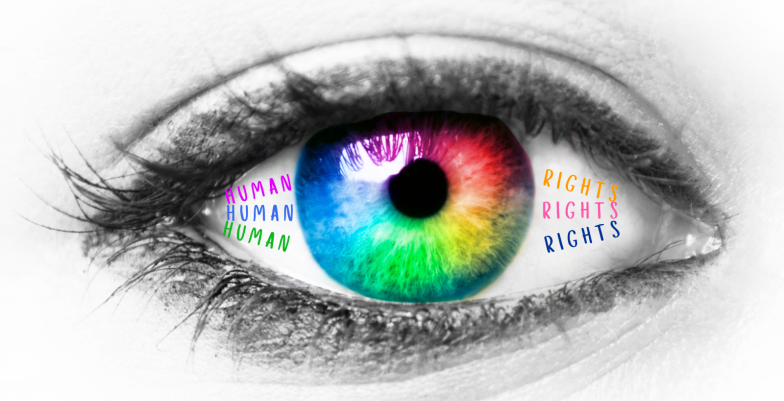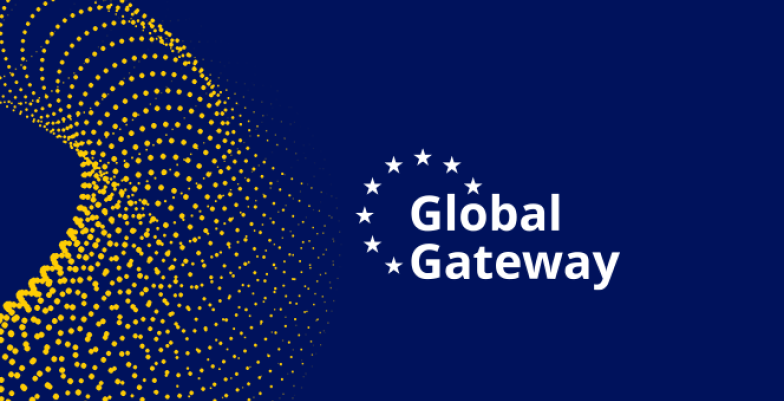Consular protection for EU citizens in Philippines
Consular support for EU citizens in the Philippines
Consular protection for EU citizens in the Philippines
Consular protection is the help a European Union (EU) Member State can provide to its citizens in case they need assistance abroad. Typically, consular protection can include cases such as:
- A need for emergency travel documents;
- A serious accident or serious illness;
- Relief and repatriation in case of an emergency;
- Being a victim of crime;
- Arrest or detention;
- Death.
You are an EU citizen in need of consular protection in the Philippines?
Nationals of the EU Member States in need of consular protection in the Philippines should contact the Embassies or Consulates of their respective countries.
EU citizens in need of consular protection in the Philippines with no embassy or consulate from their own Member State effectively in a position to help them are entitled to seek help from the embassy or consulate of any other EU Member State.
In the Philippines, there are 17 EU Member States resident embassies. The list of Emergency Contacts at EU Member State Embassies and Consulates accredited to the Philippines can be found here:
Please note that the EU Delegation to the Philippines cannot provide direct consular assistance. EU Member States cooperate closely locally on consular protection matters through a constant exchange of information, crisis preparedness and collective action when needed in case of a consular crisis such as natural disasters. The EU Delegation assists actively in this cooperation.
As an EU citizen, you can take simple steps to make consular protection more effective, for example:
- Following the travel advice issued by your country’s Foreign Ministry;
- When abroad, registering with your Embassy or Consulate and/or through dedicated platforms, if applicable;
- Other tips include keeping an electronic copy of your travel documents, subscribing to a travel insurance or saving crisis contact details.
For more information on consular protection, see the dedicated pages on the websites of the EEAS, the European Commission and the Council of the EU.








